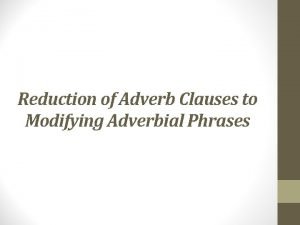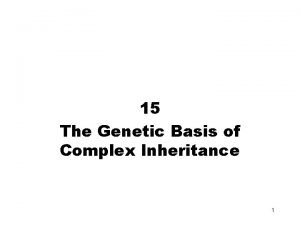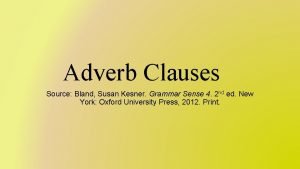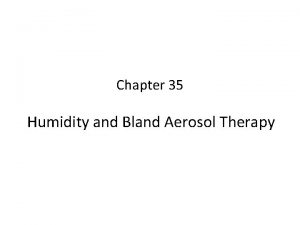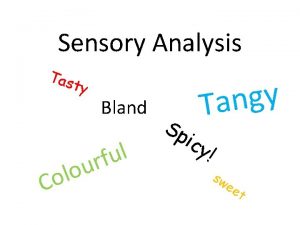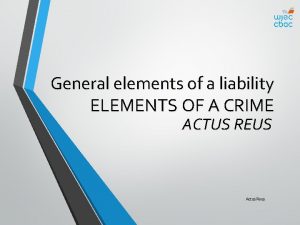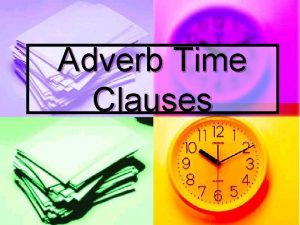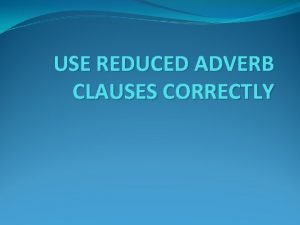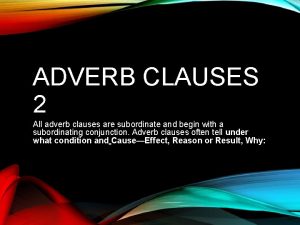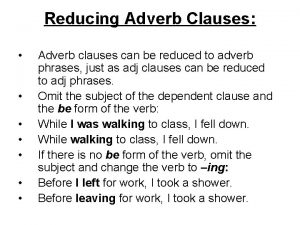Adverb Clauses Source Bland Susan Kesner Grammar Sense

Adverb Clauses Source: Bland, Susan Kesner. Grammar Sense 4. 2 nd ed. New York: Oxford University Press, 2012. Print.

Description: • Dependent clauses • Modify the main clause—When? Where? How? Why? • Include: • Subordinator (because, wherever, by the time, once, as, until, since, etc. ) • Subject • Verb

Adverb Clauses of Time • When the action in the main clause occurs • Subordinators: • When, while, as, once, as soon as, until, before, after, since, by the time • Examples: • Once you have finished the exam, you are free to go. • I was lonely for years until I met the woman of my dreams. • I tripped and fell as I was running to catch the bus.

Adverb Clauses of Reason • Why the action in the main cause occurs • Cause and effect • Subordinators: • Because, since, as (formal) • Examples: • We celebrated all night because we had finished final exams. • Since I don’t have a phone, please contact me via email. • As I have no money, I will not be joining you for the downtown shopping trip.

Adverb Clauses of Contrast • Show unexpected contrasts to the idea in the main clause • Subordinators: • Even though, although, though (formal), while • Examples: • Even though I am not feeling well, I am still planning to attend the party. • Though I studied all night, I failed the exam this morning. • I grew to love classical music, while my sister says it gives her a headache.

Adverb Clauses of Place • Where the action in the main clause occurs • Subordinators: • Wherever, where, anywhere, everywhere • Examples: • Wherever there is ice, there will be people playing hockey. • We can go anywhere you want today. • Everywhere you look, there are people in love.

Adverb Clauses of Purpose • Show the reason for the action in the main clause • Subordinators: • So (that), in order that (formal) • Examples: • Swimmers shave their arms and legs so that they can glide through the water more quickly. **Infinitives are commonly used to show purpose: You should relax in order to get more sleep.

Punctuating Adverb Clauses • When adverb clauses come after the main clause, you DO NOT need a comma: • We will have finished eating by the time he gets here. • When adverb clauses come before the main clause, you DO need a comma: • By the time he gets here, we will have finished eating.
- Slides: 8
